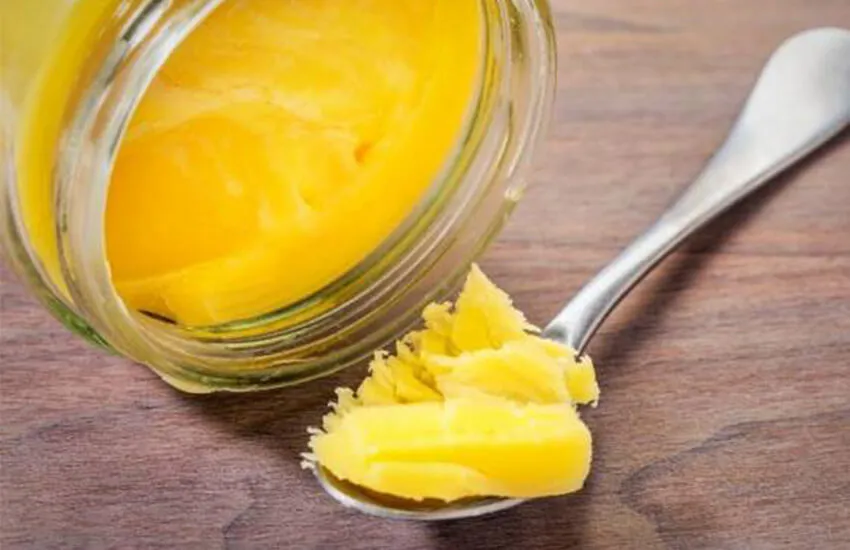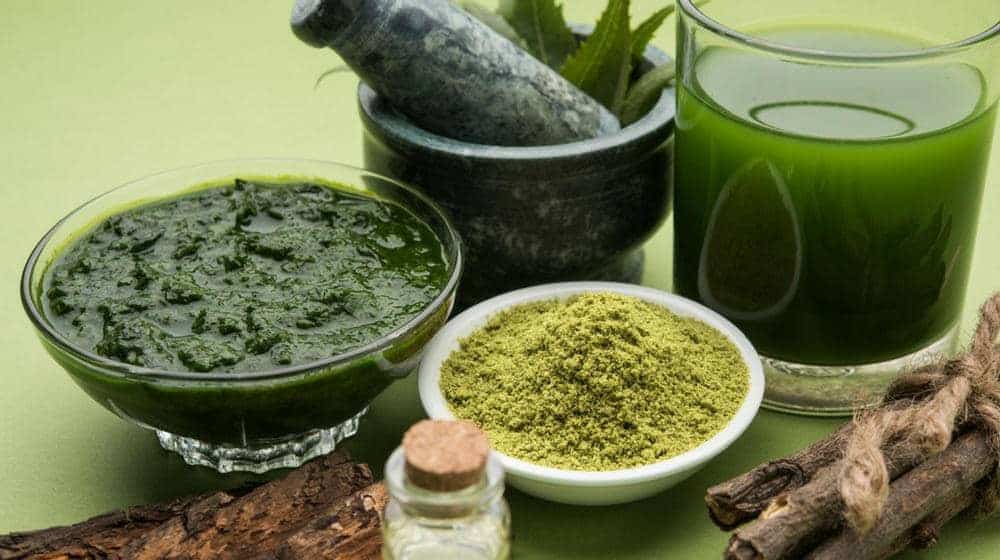Ghee is one of the most valuable dairy products, derived from cow’s butter, and holds a special place in Ayurveda, the traditional medicine of India. This clarified fat is not only ideal for cooking but also offers numerous health benefits for the body, brain, and digestion. In this article, we will explore the benefits of ghee from both scientific and Ayurvedic perspectives.
1. What is Ghee?
Ghee is a type of clarified butter obtained through a special process that removes water and milk solids, leaving behind pure fat. In Ayurveda, ghee is considered a sacred and energy-boosting food that enhances Ojas, the vital life force in the body.
2. High Smoke Point and Ideal for Cooking
One of the key features of ghee is its high smoke point, which is around 250°C (482°F). This is significantly higher than regular butter and many vegetable oils. As a result, ghee is highly resistant to heat and does not produce harmful compounds when exposed to high temperatures. This makes it an excellent choice for frying, sautéing, and cooking.
3. Anti-Inflammatory and Antioxidant Effects
Ghee contains natural anti-inflammatory compounds that help reduce inflammation in the body. It is rich in healthy fatty acids and fat-soluble vitamins, such as vitamins A and E, which contribute to its antioxidant properties. Antioxidants protect cells from damage caused by oxidative stress, making ghee a healthy fat for combating chronic diseases.
4. Ghee’s Impact on Memory and Brain Function
In Ayurveda, ghee is known as a brain tonic. Due to its essential fatty acids, including butyric acid and omega fats, ghee helps improve cognitive function, enhance concentration, and strengthen memory. Regular consumption of ghee supports neurological function and may reduce the risk of conditions like Alzheimer’s and Parkinson’s disease.
5. A Rich Source of Essential Vitamins
Ghee is packed with fat-soluble vitamins, including vitamins A, D, E, and K, which play crucial roles in overall health. Vitamin A supports vision and immune function, vitamin D is essential for bone strength and immune regulation, vitamin E acts as an antioxidant and promotes healthy skin and hair, and vitamin K contributes to blood clotting and bone health.
6. Delicious Taste and Ways to Use Ghee
Ghee has a rich, aromatic flavor, making it an excellent choice for various dishes. It can be used for cooking, drizzled over rice, spread on bread, added to teas, or even consumed raw. In Ayurveda, taking a teaspoon of ghee on an empty stomach is recommended to boost energy and improve digestion.
Conclusion
Ghee is a pure and nutritious fat with remarkable health benefits. Its high smoke point, anti-inflammatory and antioxidant properties, positive effects on memory and brain health, essential vitamins, and delicious taste make it an excellent addition to a healthy diet. By incorporating ghee into daily meals, one can take advantage of its extraordinary properties and promote overall well-being.






